Information injection-pump assembly
ZEXEL
101402-0900
1014020900
ISUZU
8943128950
8943128950
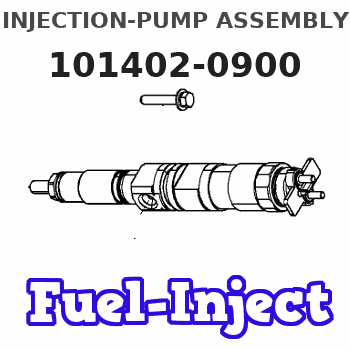
Rating:
Cross reference number
ZEXEL
101402-0900
1014020900
ISUZU
8943128950
8943128950
Zexel num
Bosch num
Firm num
Name
Calibration Data:
Adjustment conditions
Test oil
1404 Test oil ISO4113 or {SAEJ967d}
1404 Test oil ISO4113 or {SAEJ967d}
Test oil temperature
degC
40
40
45
Nozzle and nozzle holder
105780-8140
Bosch type code
EF8511/9A
Nozzle
105780-0000
Bosch type code
DN12SD12T
Nozzle holder
105780-2080
Bosch type code
EF8511/9
Opening pressure
MPa
17.2
Opening pressure
kgf/cm2
175
Injection pipe
Outer diameter - inner diameter - length (mm) mm 6-2-600
Outer diameter - inner diameter - length (mm) mm 6-2-600
Tester oil delivery pressure
kPa
157
157
157
Tester oil delivery pressure
kgf/cm2
1.6
1.6
1.6
Direction of rotation (viewed from drive side)
Right R
Right R
Injection timing adjustment
Direction of rotation (viewed from drive side)
Right R
Right R
Injection order
1-3-4-2
Pre-stroke
mm
3.6
3.55
3.65
Beginning of injection position
Drive side NO.1
Drive side NO.1
Difference between angles 1
Cal 1-3 deg. 90 89.5 90.5
Cal 1-3 deg. 90 89.5 90.5
Difference between angles 2
Cal 1-4 deg. 180 179.5 180.5
Cal 1-4 deg. 180 179.5 180.5
Difference between angles 3
Cyl.1-2 deg. 270 269.5 270.5
Cyl.1-2 deg. 270 269.5 270.5
Injection quantity adjustment
Adjusting point
A
Rack position
9.5
Pump speed
r/min
1200
1200
1200
Average injection quantity
mm3/st.
53.4
51.9
54.9
Max. variation between cylinders
%
0
-2
2
Basic
*
Fixing the lever
*
Injection quantity adjustment_02
Adjusting point
B
Rack position
7.9+-0.5
Pump speed
r/min
325
325
325
Average injection quantity
mm3/st.
9.6
8.2
11
Max. variation between cylinders
%
0
-14
14
Fixing the rack
*
Test data Ex:
Governor adjustment
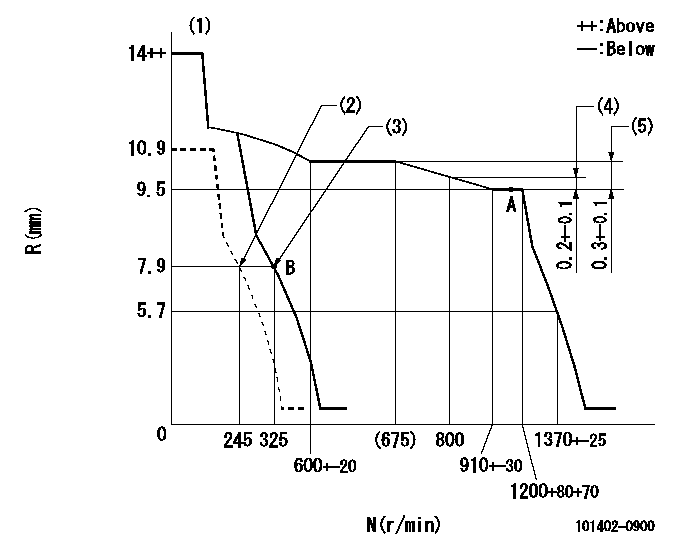
N:Pump speed
R:Rack position (mm)
(1)Target notch: K
(2)Set idle sub-spring
(3)Main spring setting
(4)Rack difference between N = N1 and N = N2
(5)Rack difference between N = N3 and N = N4
----------
K=11 N1=1200r/min N2=800r/min N3=1200r/min N4=600r/min
----------
----------
K=11 N1=1200r/min N2=800r/min N3=1200r/min N4=600r/min
----------
Speed control lever angle
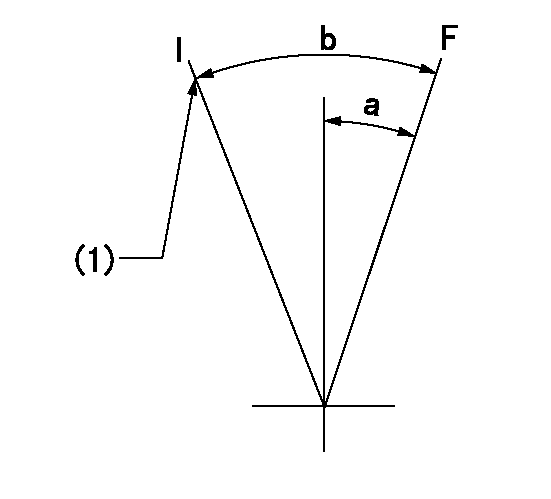
F:Full speed
I:Idle
(1)Stopper bolt setting
----------
----------
a=13deg+-5deg b=24deg+-5deg
----------
----------
a=13deg+-5deg b=24deg+-5deg
Stop lever angle
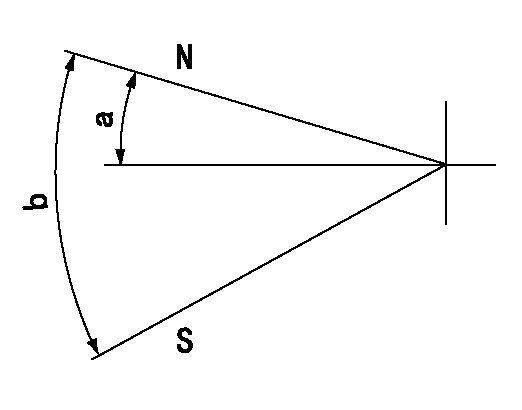
N:Pump normal
S:Stop the pump.
----------
----------
a=19deg+-5deg b=53deg+-5deg
----------
----------
a=19deg+-5deg b=53deg+-5deg
Timing setting
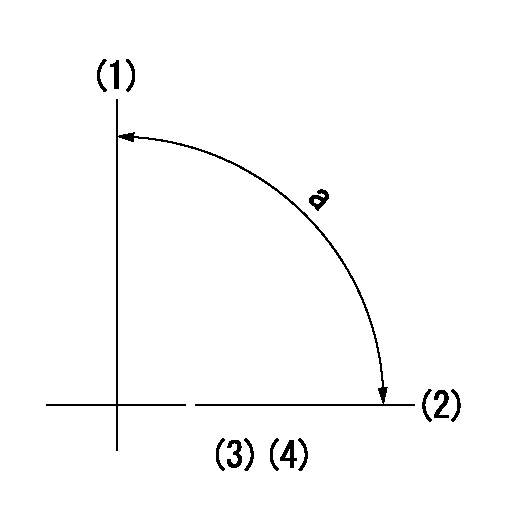
(1)Pump vertical direction
(2)Position of gear mark 'CC' at No 1 cylinder's beginning of injection
(3)B.T.D.C.: aa
(4)-
----------
aa=18deg
----------
a=(90deg)
----------
aa=18deg
----------
a=(90deg)
Information:
No. 2D diesel fuel is recommended for use in the 1100 Series Caterpillar Diesel Truck Engines, although No. 1D may be used if desired.In selecting a fuel, note that distillate fuels are especially desirable because the fuel is heated to a vaporous state and condensed, thus eliminating all sediment and residue.There is considerable variation in the composition of fuels distributed under the No. 2D grade classifications. For desirable engine service it is most important to give special attention to cetane no., water and sediment, pour point, cloud point and sulphur content. USE FUELS WHICH MEET THE FOLLOWING REQUIREMENTS:Cetane No. ... 40 minimumWater and Sediment ... 0.1% maximumPour Point ... 10F° (-12C°) below ambient temperatureCloud Point ... No higher than ambient temperatureSulphur Content ... Above 0.4% adjust oil change periodGravity ... 32-40 A.P.I. at 60°F (16°C) Cetane No.: This is an indication of a fuel's ignition quality and should not be less than 40 for this engine. For high altitude operation or cold weather starting, a higher cetane number is required. Water and Sediment: A good clean fuel will contain no more than .1% sediment and water. Dirty fuels lead to early filter plugging and in addition can result in the formation or gums and resins reducing filter and engine life. Pour Point: The pour point of the fuel has no effect on engine performance, as long as the fuel is fluid enough to flow from the fuel tank to the engine. The pour point of the fuel should be at least 10F° (-12°C) below the lowest atmospheric temperature at which the engine must start and operate. In extremely cold temperatures it may be necessary to use No. 1D diesel fuel. Cloud Point: Cloud point is the temperature at which wax crystals become visible and is generally above the pour point of the fuel. The cloud point should be no higher than the lowest atmospheric temperature at which the engine must start to keep the fuel filter elements from plugging with wax crystals. Sulphur Content: As sulphur content increases, the crankcase oil change periods should be reduced. Fuel containing 0.4% or less sulphur content, use normal oil change periods. If the fuel contains 0.4% to 1.0% sulphur, oil change periods should be reduced to one-half normal interval. If the fuel contains more than 1.0% sulphur, oil change periods should be reduced to one-fourth normal interval. Gravity: Gravity is the measurement of heat units in a certain amount of fuel. The heavier the fuel (the lower the number) the more heat units per volume. If a fuel with a higher A.P.I. gravity is used the power produced will be lower. Select fuels with the lower A.P.I. gravity reading.Authorized dealers are familiar with fuels that have given good results in Caterpillar Diesel Engines and should be consulted regarding the fuel to use.